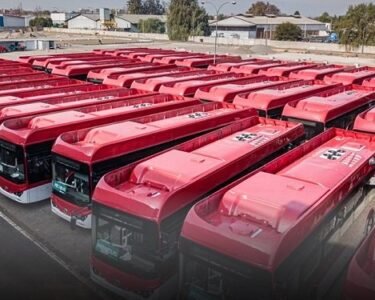The Karachi Metropolitan Corporation (KMC) has officially approved the construction of the Azeempura Flyover, a vital infrastructure project aimed at reducing traffic congestion and improving connectivity between Shahrah-i-Bhutto and Sharae Faisal. The new flyover is part of the city’s broader initiative to modernize traffic infrastructure and alleviate growing travel delays in one of Pakistan’s most congested urban centers.
Strategic Location and Design
The flyover will span approximately 500 meters, creating a signal-free corridor for daily commuters, especially those traveling to and from Jinnah International Airport. By linking two of the city’s busiest arterial roads, the Azeempura Flyover is expected to significantly cut down travel times and ease the pressure on surrounding routes.
Project Funding and Timeline
During a high-level meeting chaired by Karachi Mayor Murtaza Wahab, the PC-1 proposal was reviewed and given the green light. The project has been allocated Rs. 1.4 billion in development funds. According to officials, once the Planning and Development Board grants its final approval, construction will commence without delay, with a targeted completion period of one year.
Alternate Route Amid Development Work
With ongoing development projects on Shahrah-i-Bhutto, the Azeempura Flyover will also act as a crucial alternate route for residents and commercial traffic. This makes the project not only a solution for current congestion but also a key enabler of smoother travel during the city’s ongoing infrastructure upgrades.
Boost for Urban Mobility in Karachi
This flyover is one of several urban planning projects designed to modernize Karachi’s overburdened road network. By offering signal-free mobility, the Azeempura Flyover is set to become a vital component of Karachi’s long-term urban transport strategy, enhancing efficiency and safety for thousands of daily commuters.
The approval of the Azeempura Flyover in Karachi is a forward-thinking step toward smarter urban mobility. With its strategic location, timely funding, and commitment to reducing travel delays, this project reflects the city’s growing focus on improving road infrastructure and easing the everyday challenges of Karachi’s commuters.






